
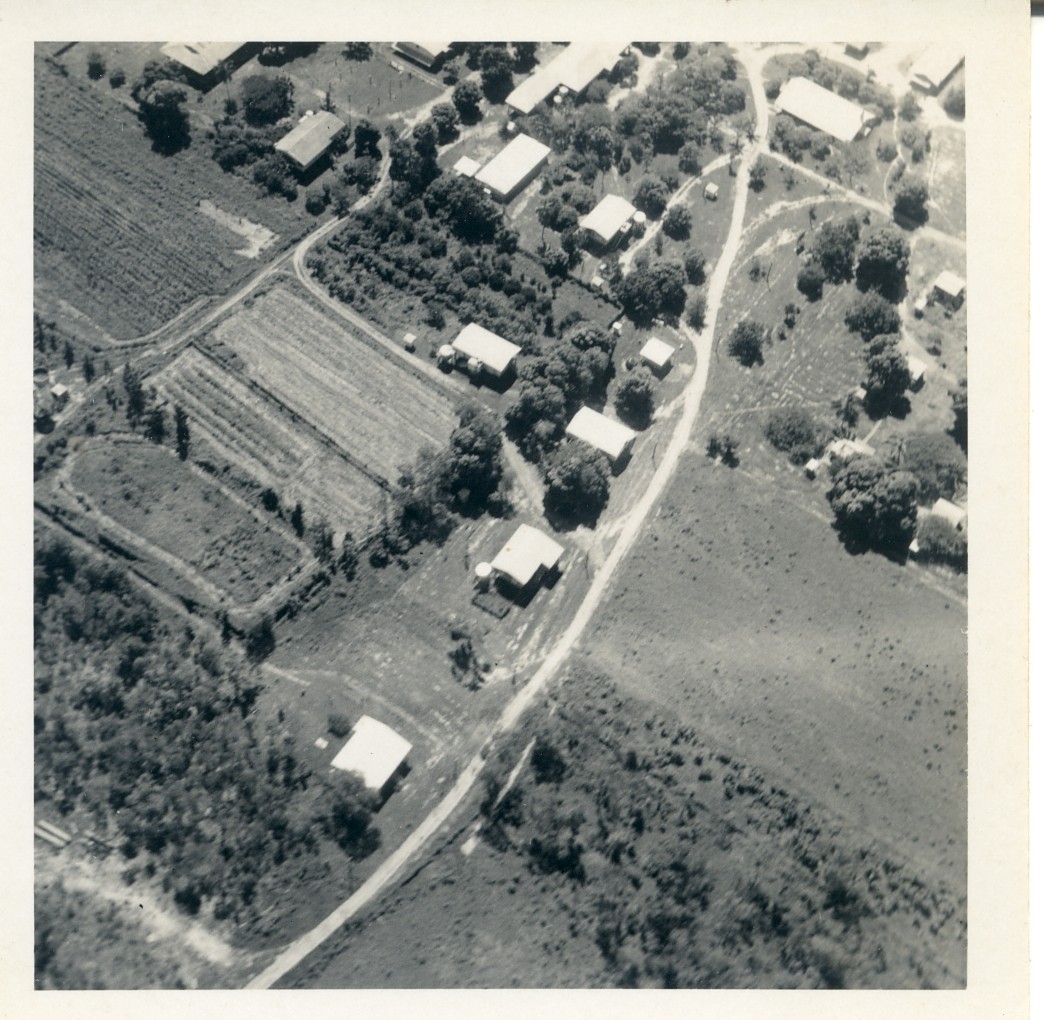








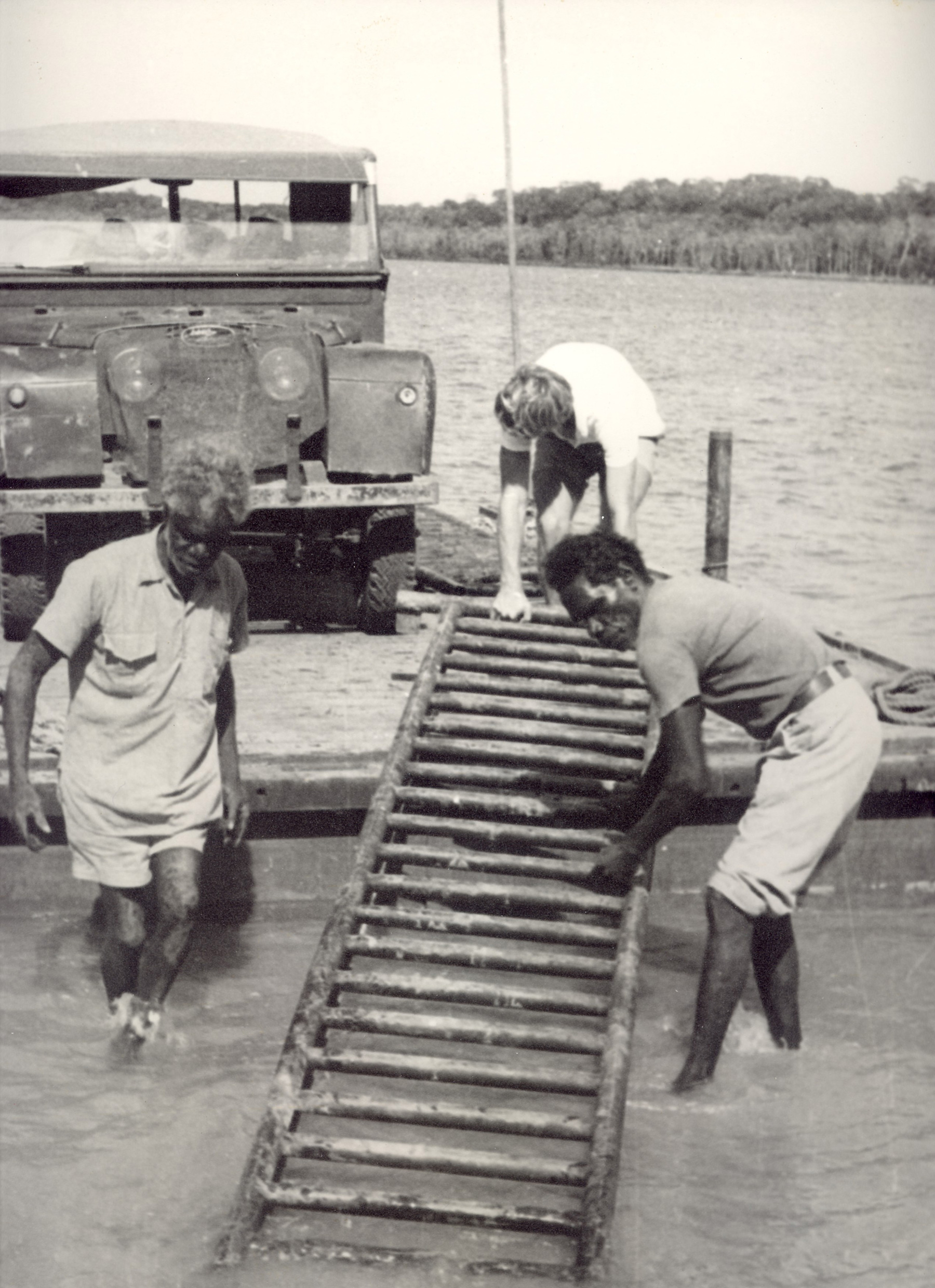

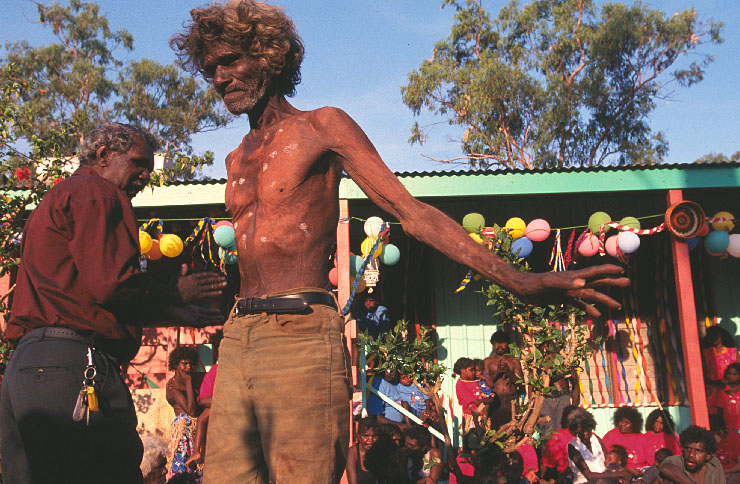
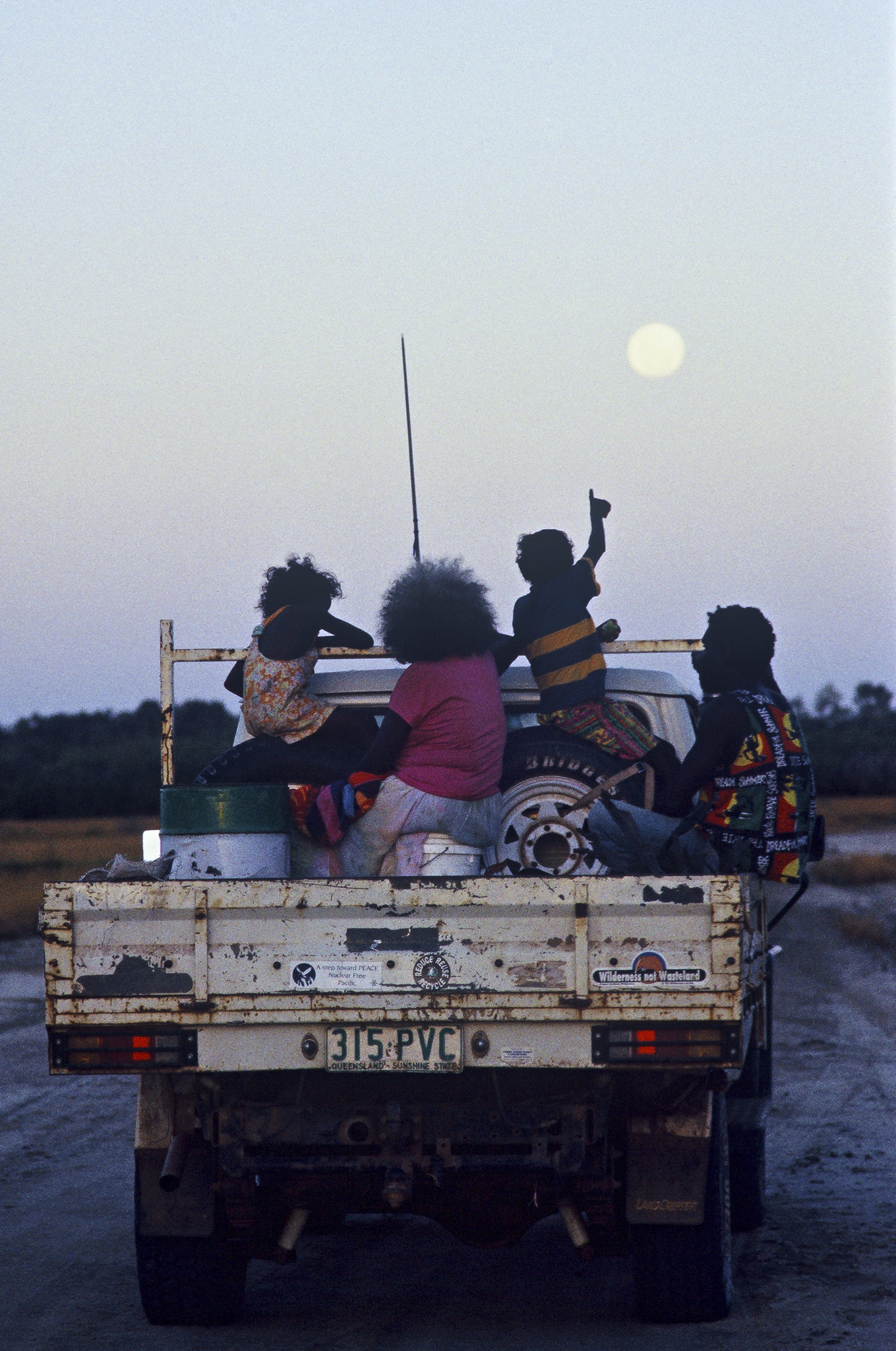

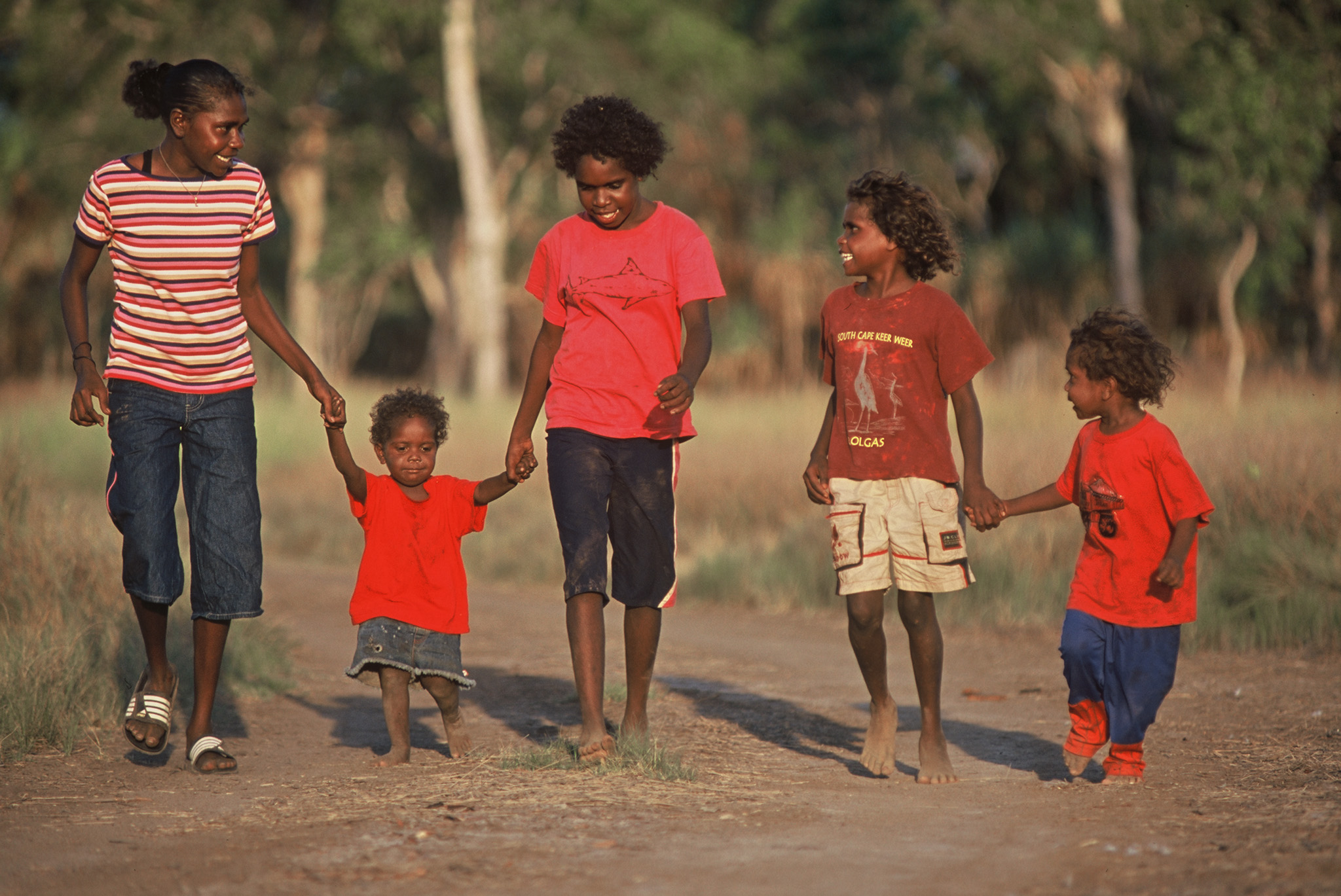
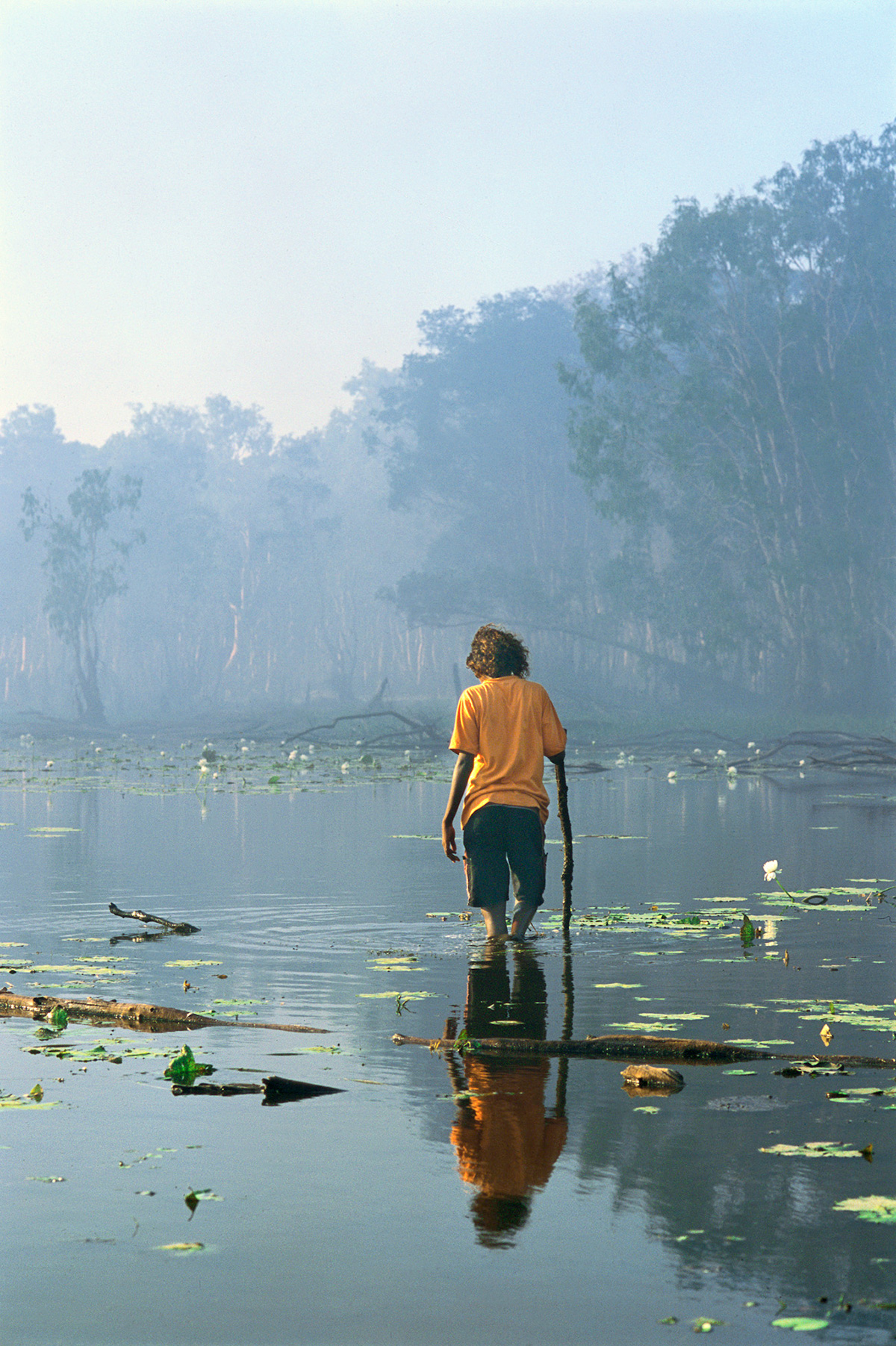
The establishment of the Aurukun mission in 1904 gradually brought together people from the north and south. We became nationally recognised in the 1990s due to our historic native title claim – the Wik Claim.
It's in our DNA. Our land is part of our identity and spirituality. So, it's no wonder that our concept of land ownership is also uniquely distinct from the Western norms.
